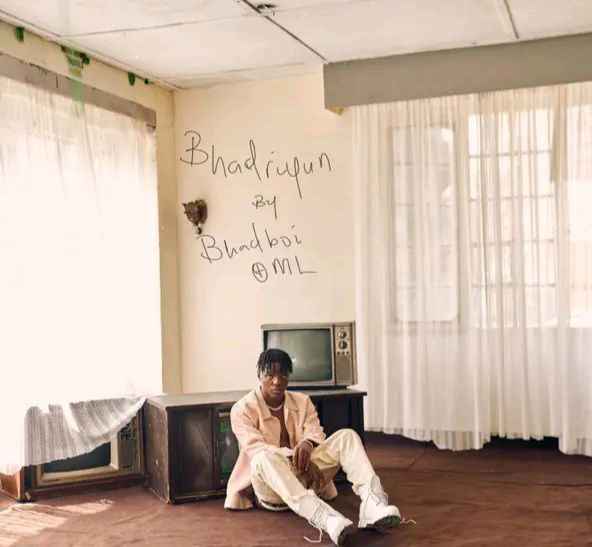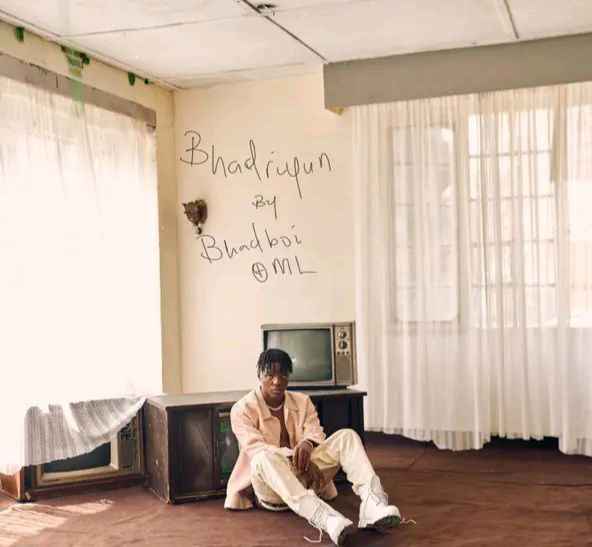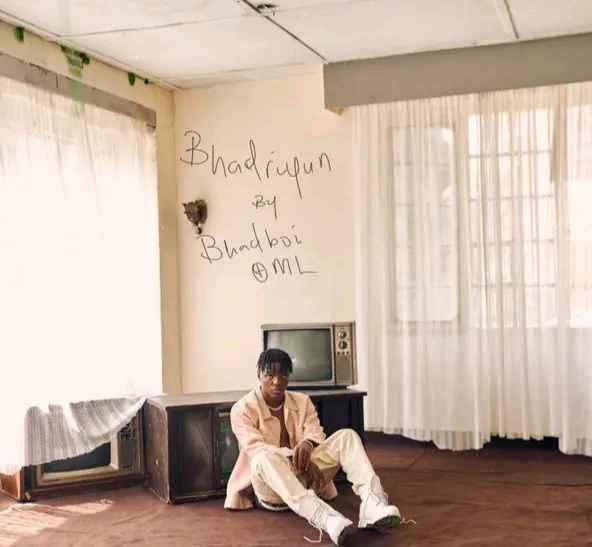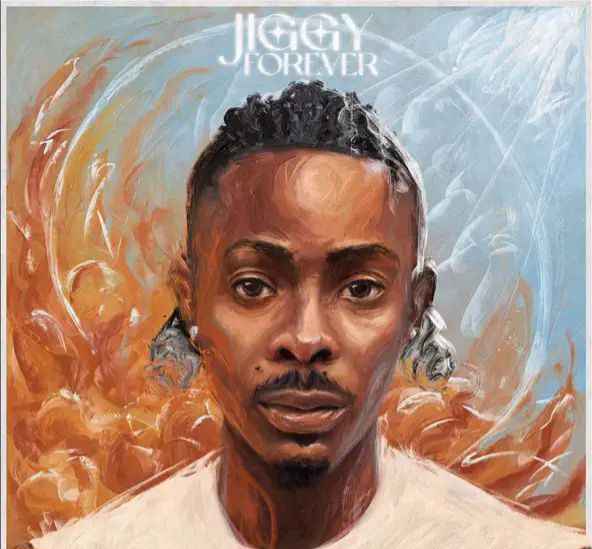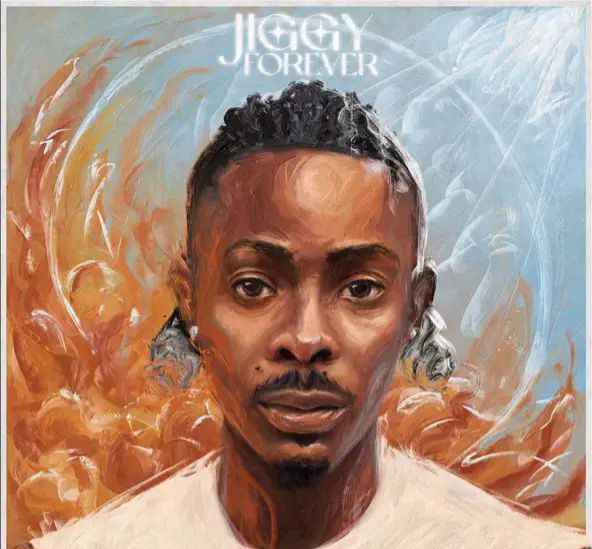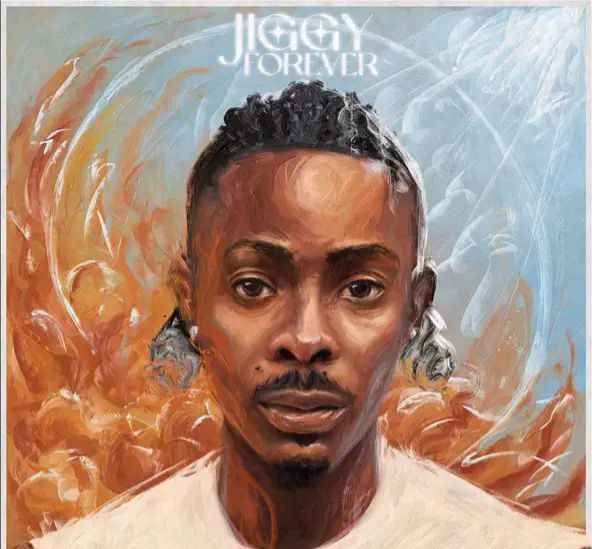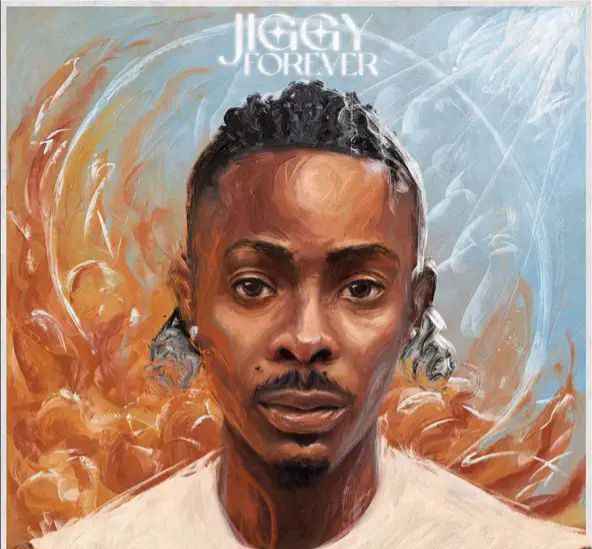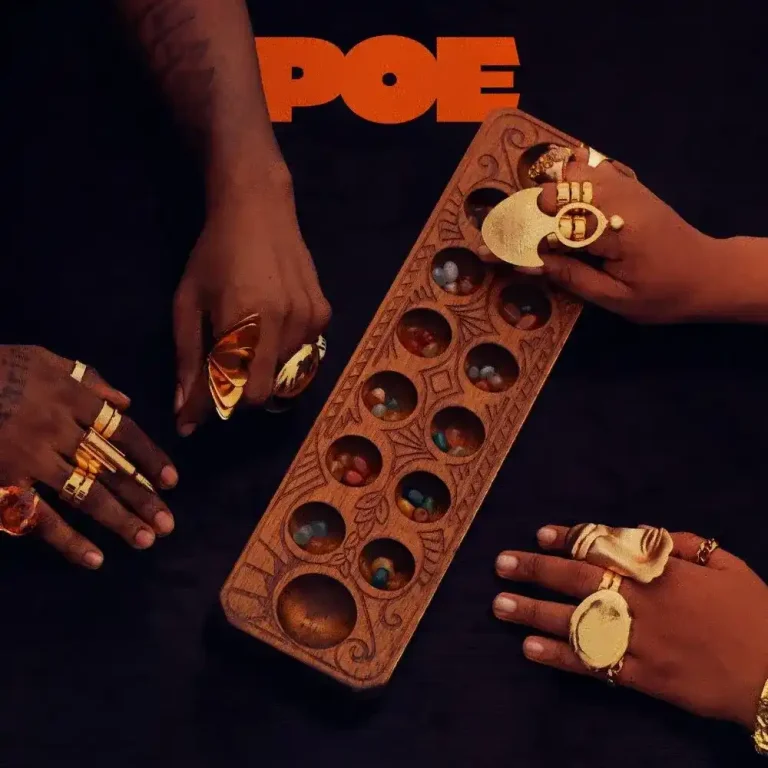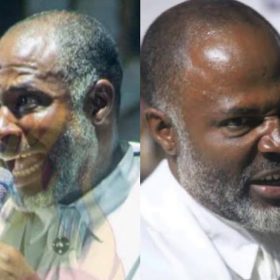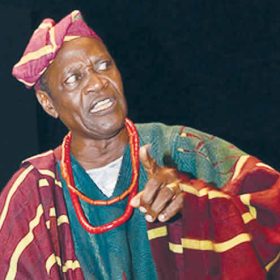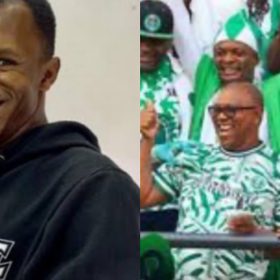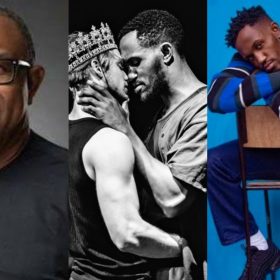Nigeria’s presidential election results declare Bola Tinubu victorious over Atiku Abubakar and Peter Obi
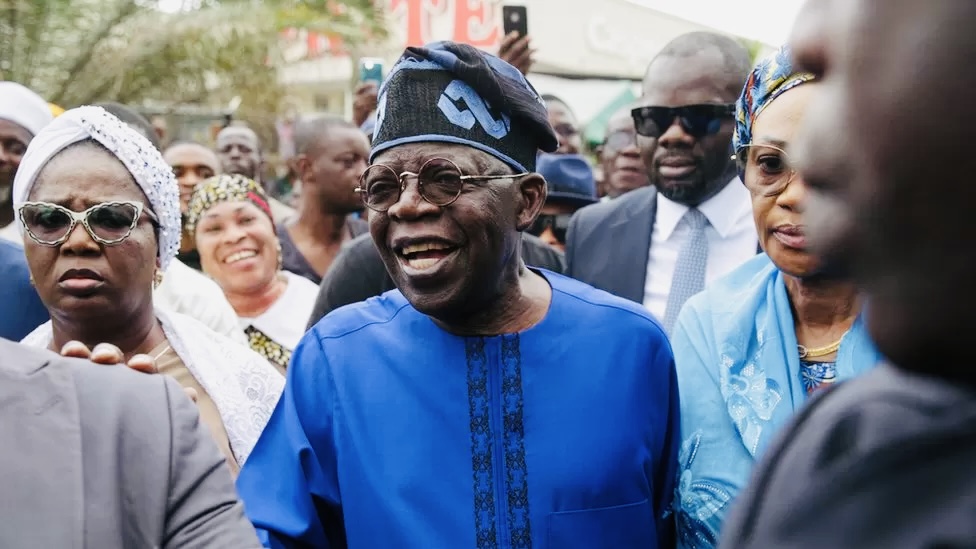
Bola Tinubu, the candidate of Nigeria’s ruling party, has emerged as the winner of the country’s controversial presidential election.
Official results show that the 70-year-old veteran politician secured 37% of the vote. His closest rival, Atiku Abubakar, polled 29%, while Peter Obi of the Labour party garnered 25% of the vote. The opposition parties had earlier dismissed the election as fraudulent and demanded a rerun.
Mr Tinubu, who is one of Nigeria’s wealthiest politicians, based his campaign on his achievements in rebuilding Lagos, the country’s largest city, during his tenure as governor. Despite his record, he lost the city to Peter Obi, a newcomer who mobilised the support of many young people, particularly in urban areas. This has disrupted Nigeria’s two-party system.
Mr Tinubu, who is known as a “political godfather,” won most of the other states in his home region of the south-west. This title refers to his reputation for supporting other politicians and helping them win elections.
He campaigned for the presidency under the slogan: “It’s my turn”.
In his televised acceptance speech, Bola Tinubu called for reconciliation with his opponents, saying, “I take this opportunity to appeal to my fellow contestants to let us team up together. It is the only nation we have. It is one country, and we must build it together.” Despite calls from opposition parties to challenge the results in court, Mr Tinubu suggested that the lapses in the election “were relatively few in number and were immaterial to affect the outcome of this election”.
Mr Tinubu is set to replace President Muhammadu Buhari, who is stepping down after two terms in office that were marred by economic stagnation and growing insecurity across the country. Nigeria has faced challenges ranging from an Islamist insurgency in the north-east to a nationwide crisis of kidnapping for ransom and separatist attacks in the south-east.
As the newly-elected president, Mr Tinubu will be tasked with addressing these issues and others in Nigeria, which is both Africa’s most populous nation and its biggest oil exporter.
Bola Tinubu’s journey to the presidency of Nigeria has been long and arduous. After fighting against military rule and being a founding member of Nigeria’s democracy in 1999, he was always considered a favorite to replace President Buhari, whom he helped to become president. He overcame significant hurdles to reach his goal, including winning the party primary despite not being expected to win. Many also believed his decision to choose another Muslim as his running mate would be an obstacle, but this was not the case.
In previous elections, major parties have split their presidential tickets between a Christian from the south and a northern Muslim to achieve broad support across the country. However, Mr Tinubu’s decision to choose a Muslim running mate did not hinder his success.
As the newly-elected president, Mr Tinubu must prove that he can still be a formidable force and rebuild Nigeria’s commercial hub, Lagos. He must also work to unify a country that is increasingly dividing along regional and religious lines, as the election results demonstrate. While Mr Tinubu met the 25% requirement in two-thirds of Nigeria’s 36 states, indicating that he was nationally accepted, the nature of his victory suggests the absence of a truly national party.
Peter Obi, the candidate for the Labour party, won in Christian-dominated states and former strongholds of the main opposition Peoples Democratic Party in the south, while the PDP’s support was concentrated in its northern heartlands. Mr Tinubu, also known as “Jagaban” by supporters, now faces the daunting task of uniting a deeply divided nation.

